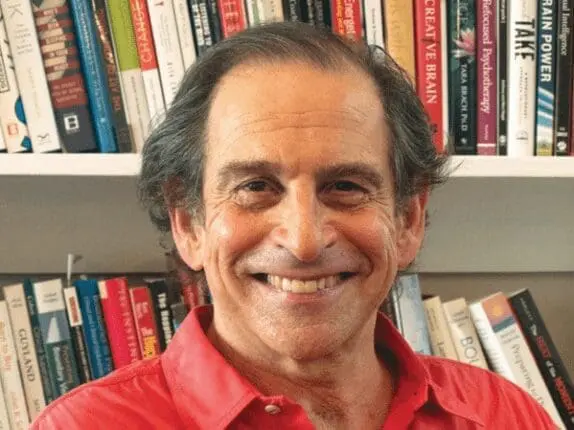The old maxim “You should eat to live, not live to eat” may sound wise, but it’s based on a profound misreading of the fundamental facts of human biology. Throughout the ages, you could argue, our species has always lived to eat. For thousands of years, most people spent most of their waking hours finding, hunting, growing, harvesting, preparing, cooking, and consuming food. We’re born hungry, and our first, essential experiences of love, nurture, and connection often happen in conjunction with being fed.
Even as adults, there are few, if any, activities more central to our physical satisfaction, emotional pleasure, psychological comfort, and social connection than eating. How many occasions aren’t improved by noshing—whether it’s the huge Thanksgiving Day blowout or sharing a handful of nuts on the trail with a hiking buddy or walking down a street alone, contentedly licking an ice-cream cone?
Yet, at the same time that food has never been so plentiful, so cheap, so easily obtained (in our society, at any rate), the primordial act of eating has never been so freighted with inner conflict as it is today for many of us. Apparently, as the writers in this issue have good reason to know, actual physical hunger is often the last reason we eat (many of us no longer really know what bodily hunger feels like). More often than not, loneliness, boredom, suppressed anger, anxiety, depression, sheer emotional neediness—cravings for something that has nothing to do with food—are what send us to the refrigerator or our nearest fast-food emporium. Given the prevalence of full-fledged eating disorders and what’s considered “normal” disordered eating—alternating pig-outs with killer diets—therapists probably should include food as a primary, often dysfunctional, relationship in their clients’ genograms.
It often seems as if, in a society that’s literally eating itself to death, many of us don’t really take the time and attention to enjoy food, anymore. While authors Judith Matz, Judith Beck, and Lisa Ferentz write about treating clients prone to disordered eating of one sort or another, their deeper message is about relearning how to eat—with attunement, care, pleasure, and a decent respect for our bodies and the food we put into them. In fact, as Fred Wistow suggests in his hilarious paean to slow mastication, the world would be a better place if it heeded his admonition to “chew wisely.”
Rich Simon
Richard Simon, PhD, founded Psychotherapy Networker and served as the editor for more than 40 years. He received every major magazine industry honor, including the National Magazine Award. Rich passed away November 2020, and we honor his memory and contributions to the field every day.













